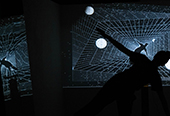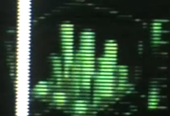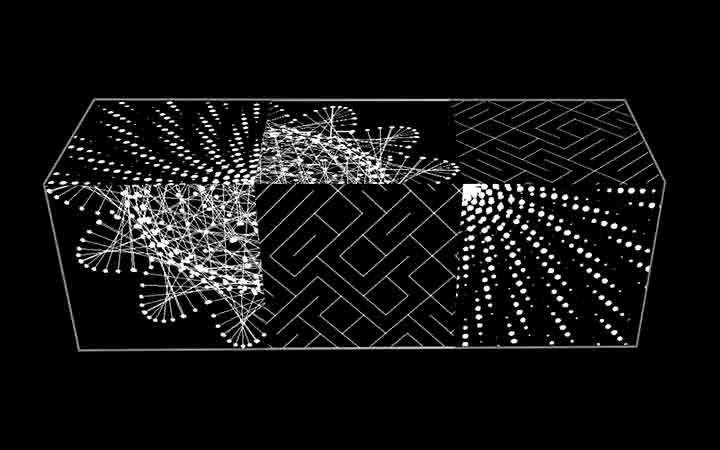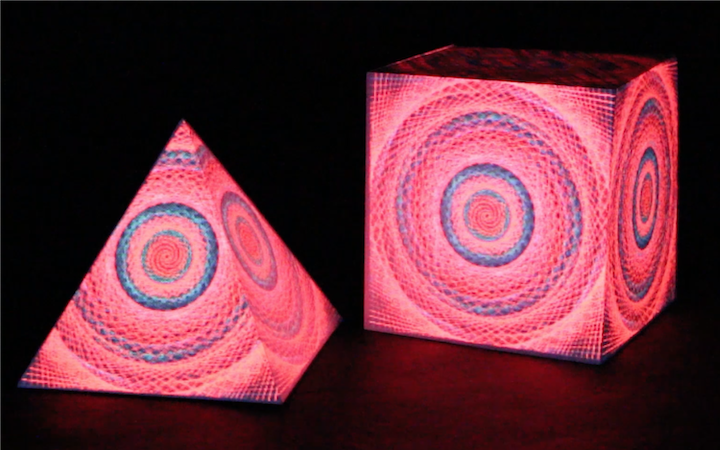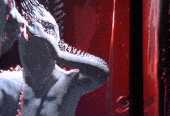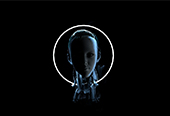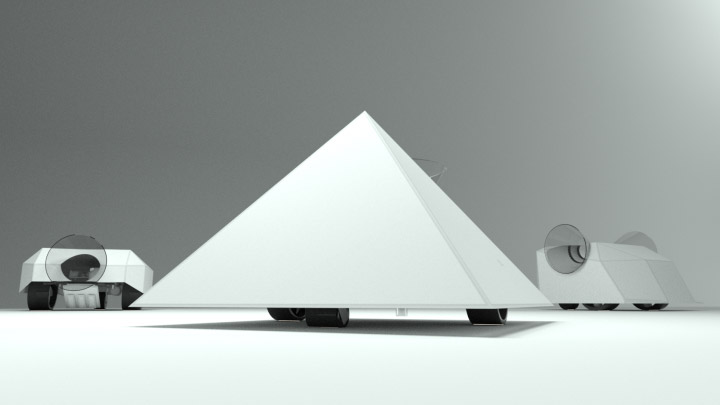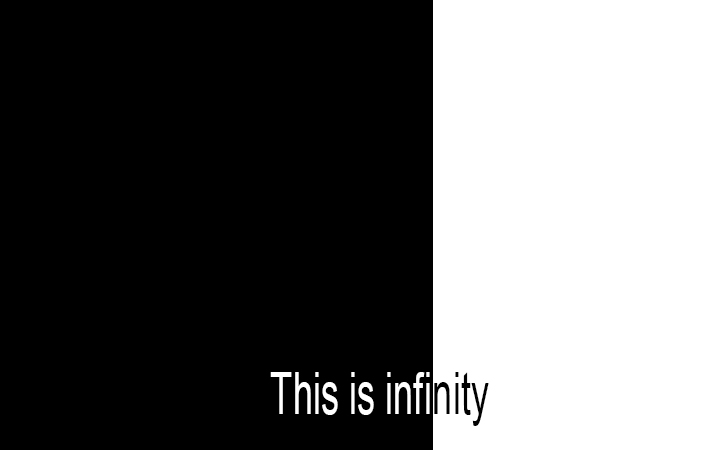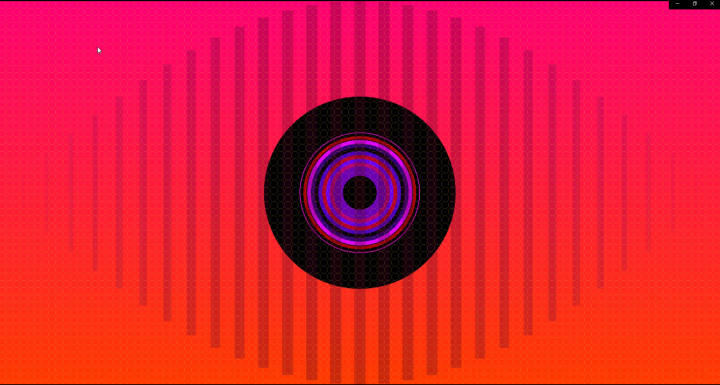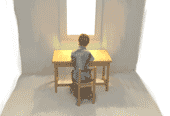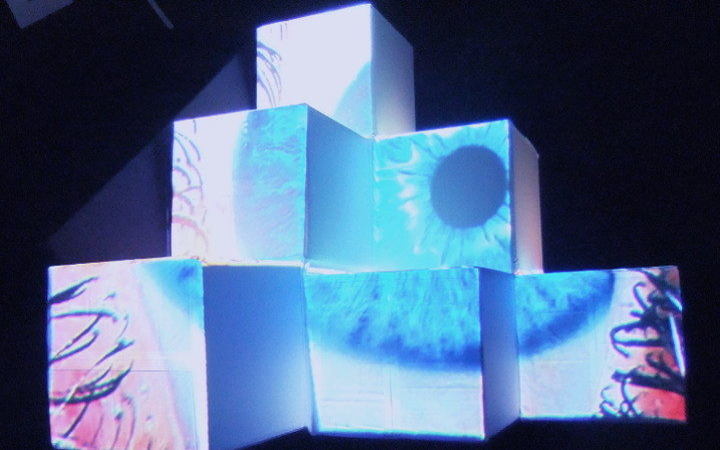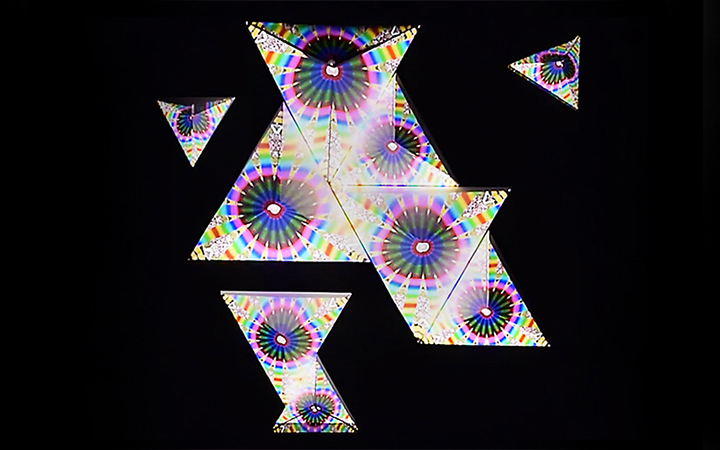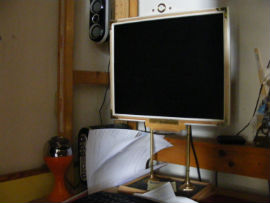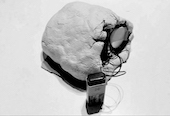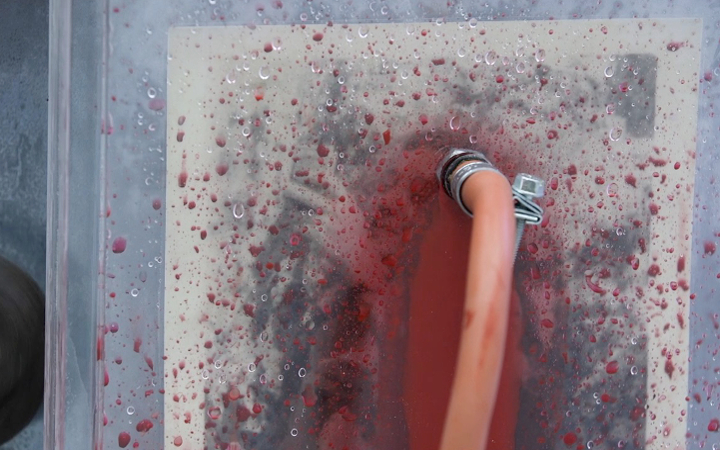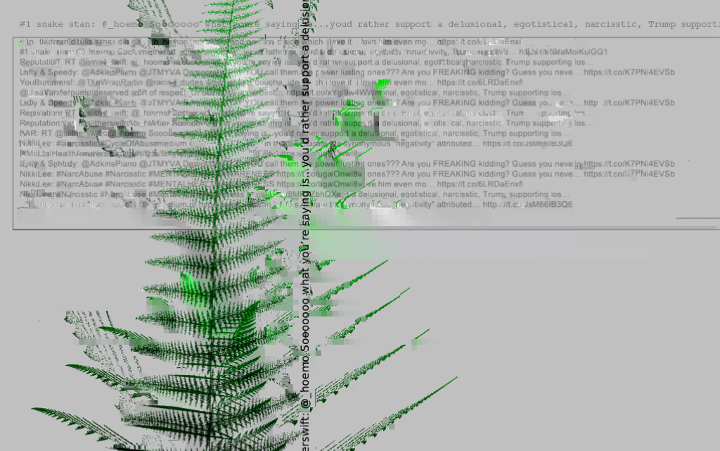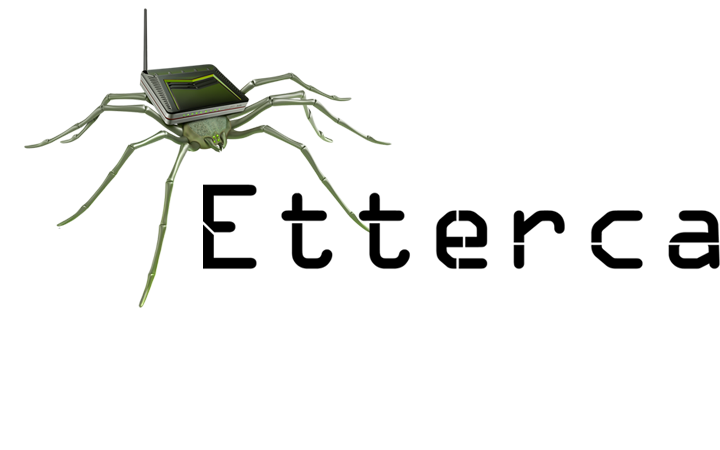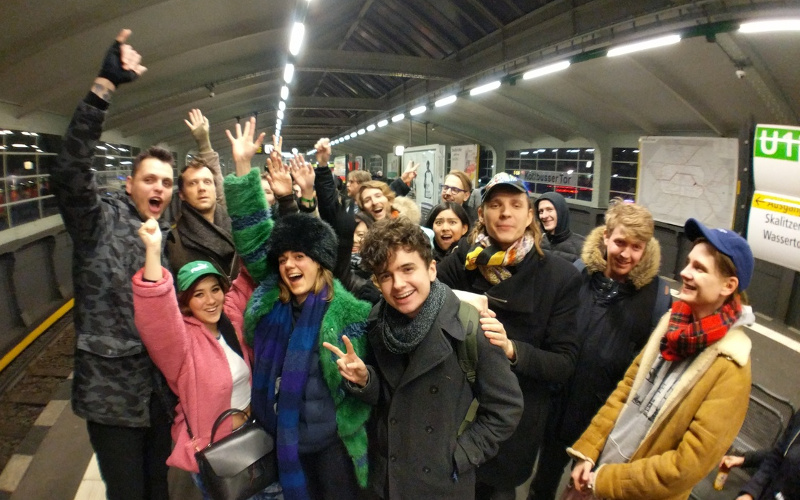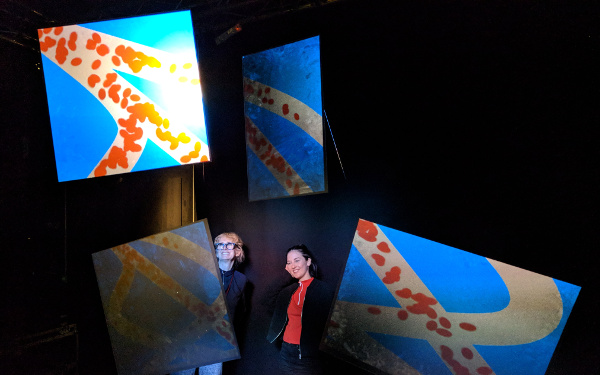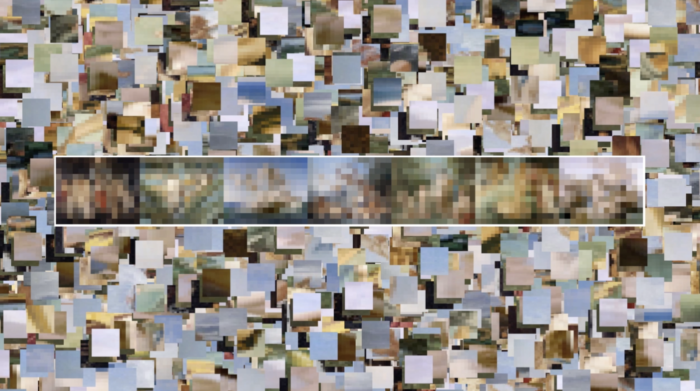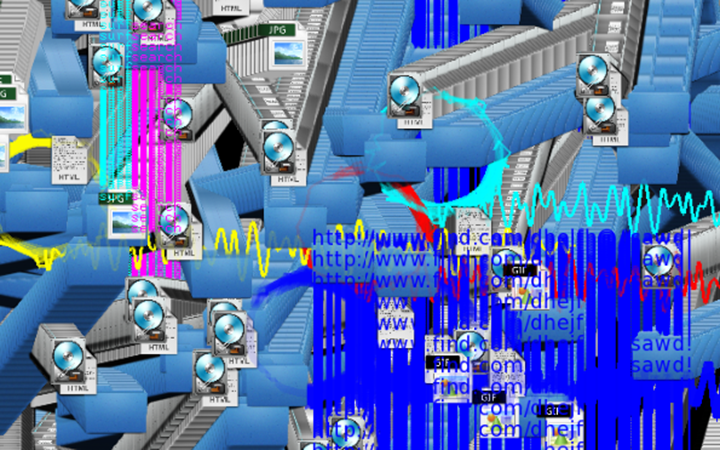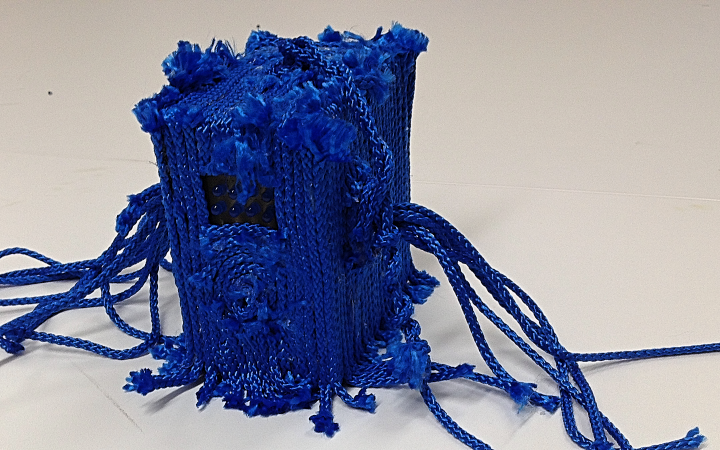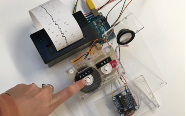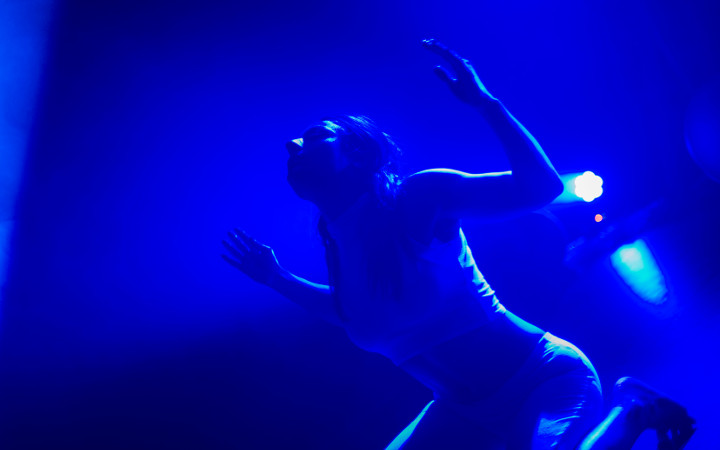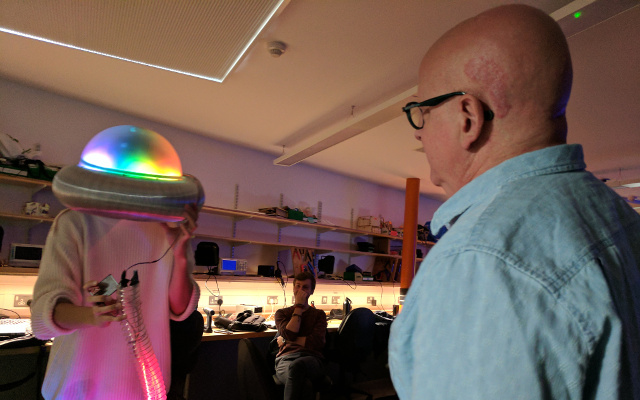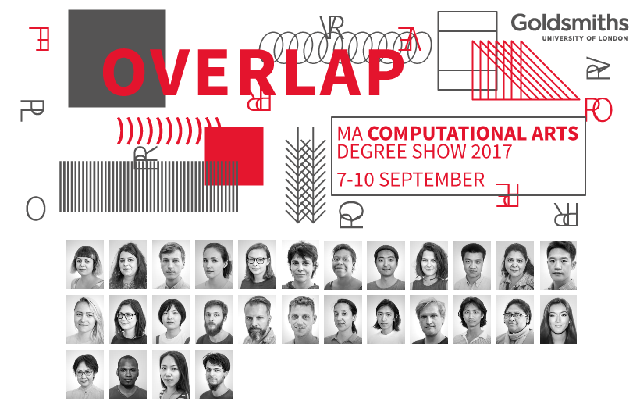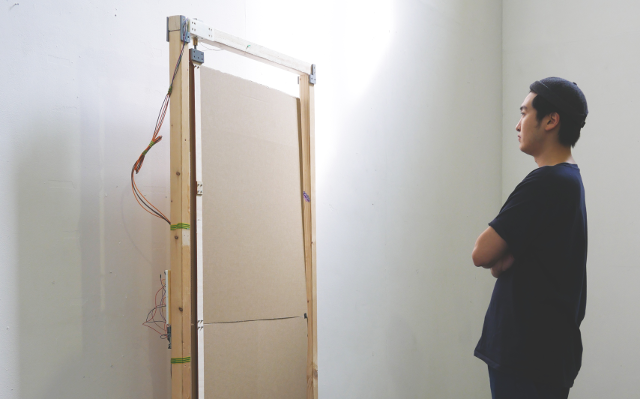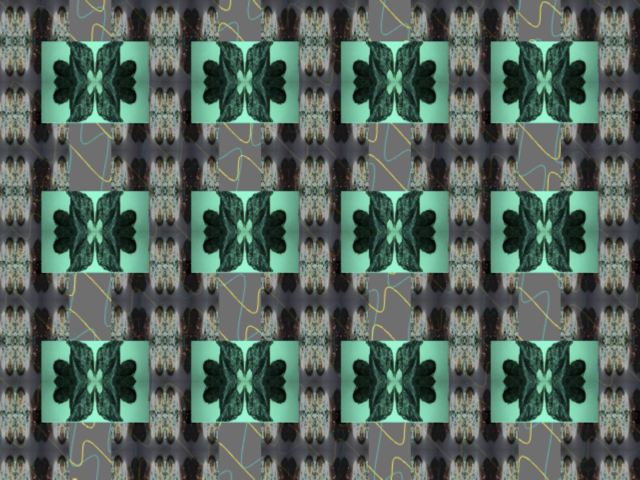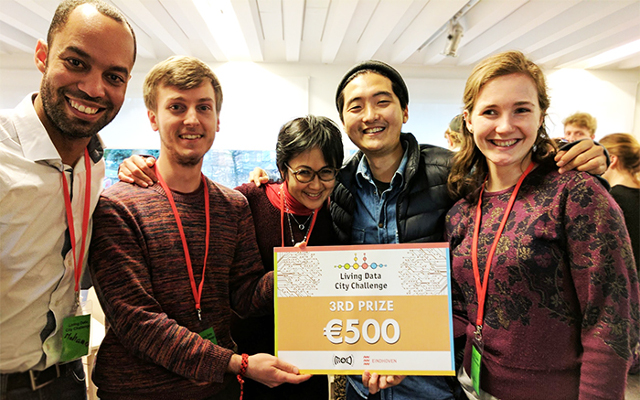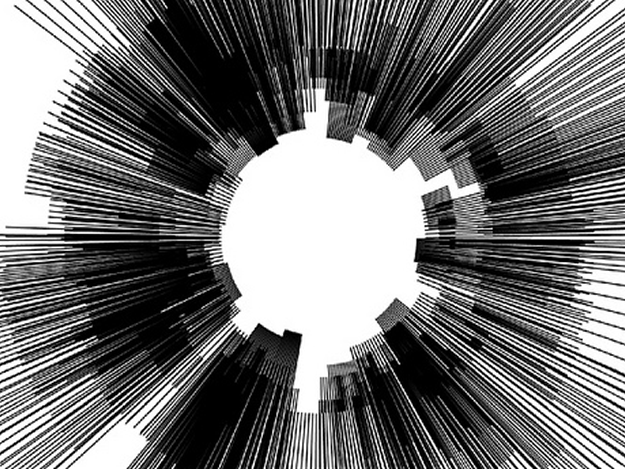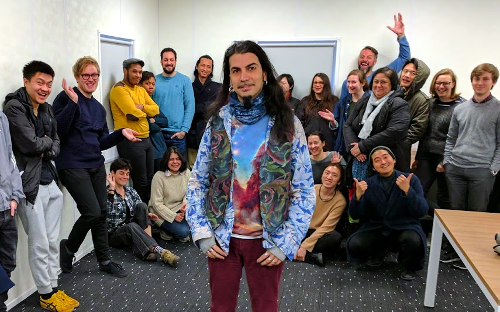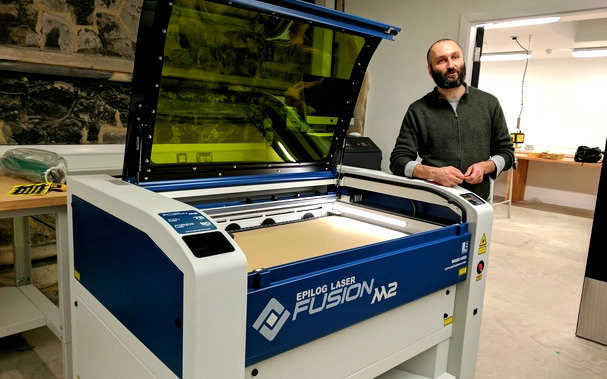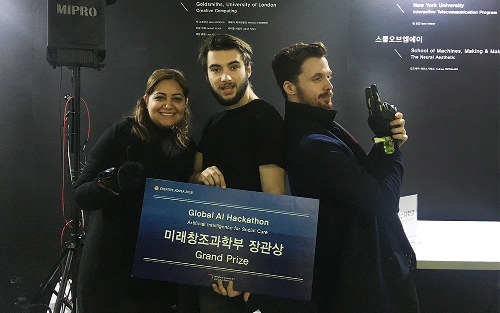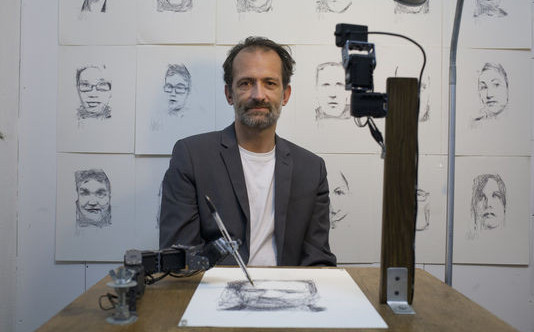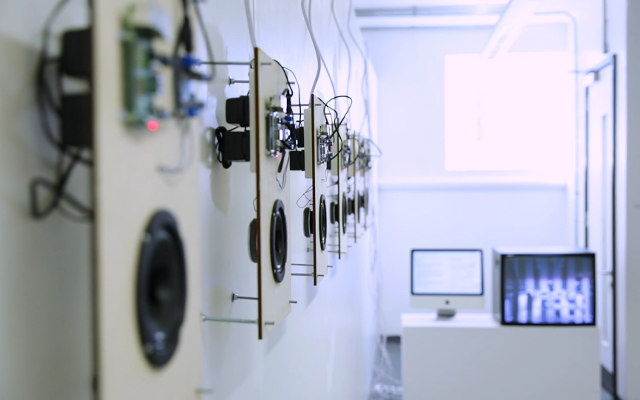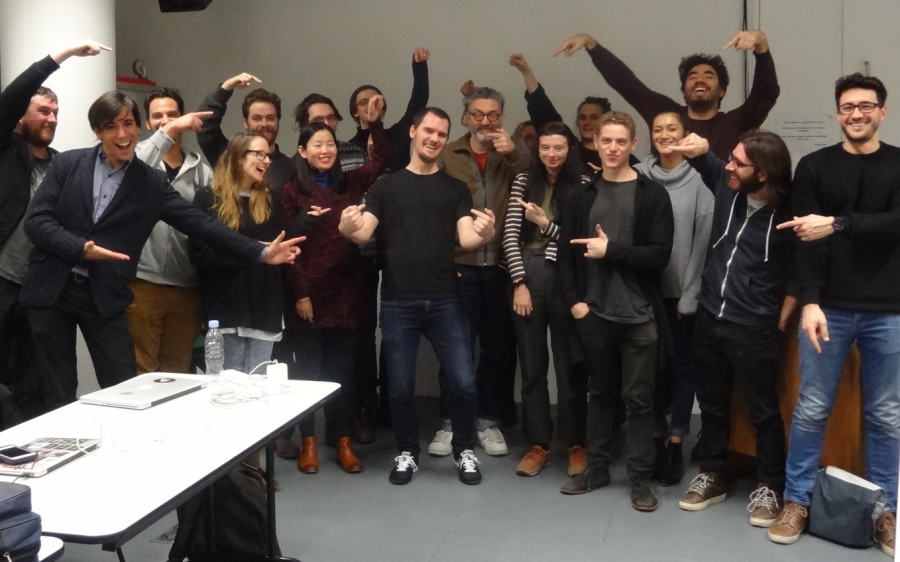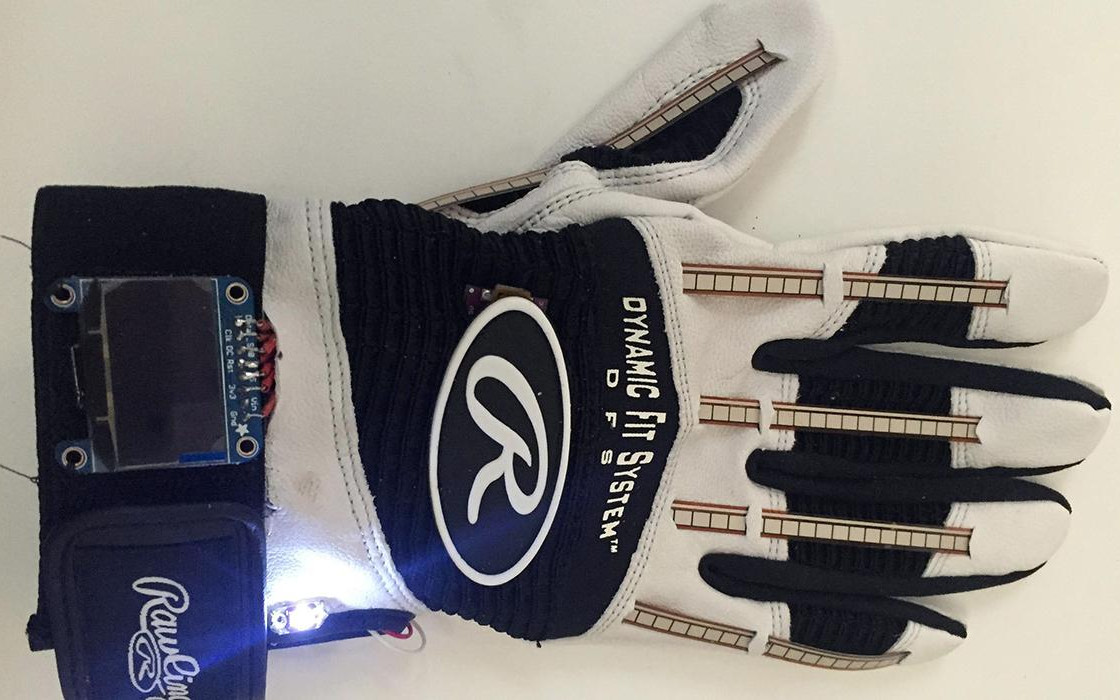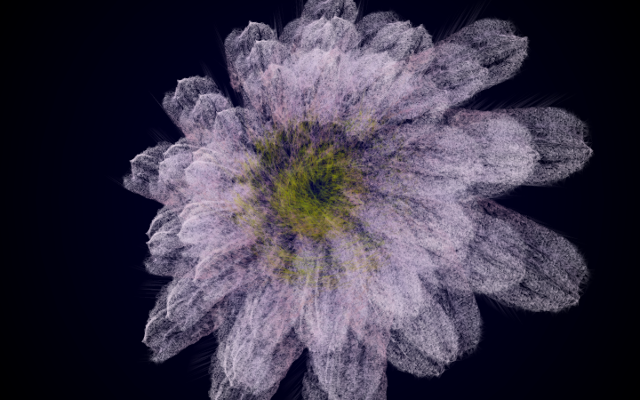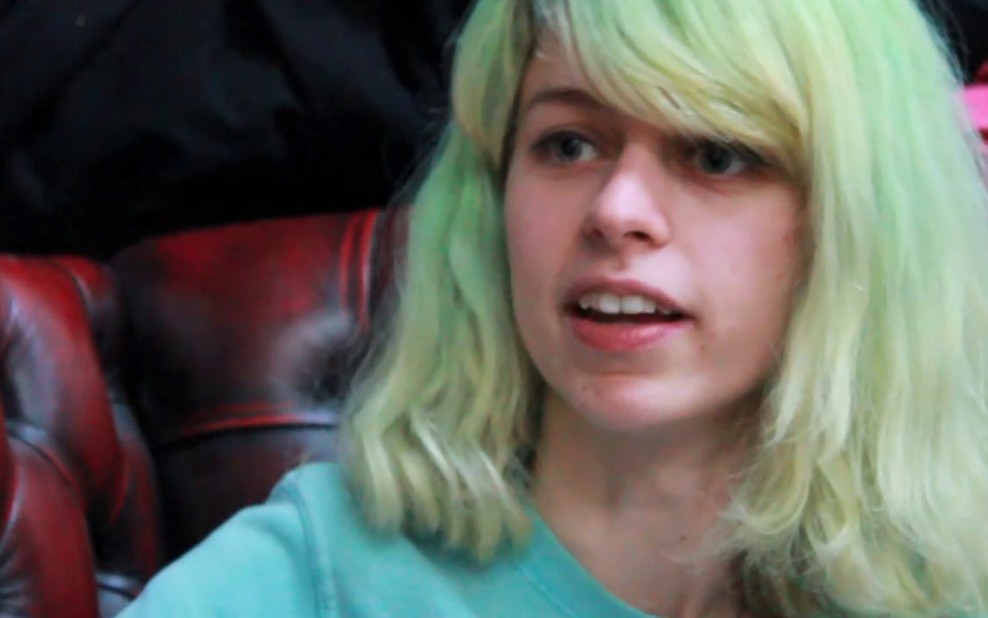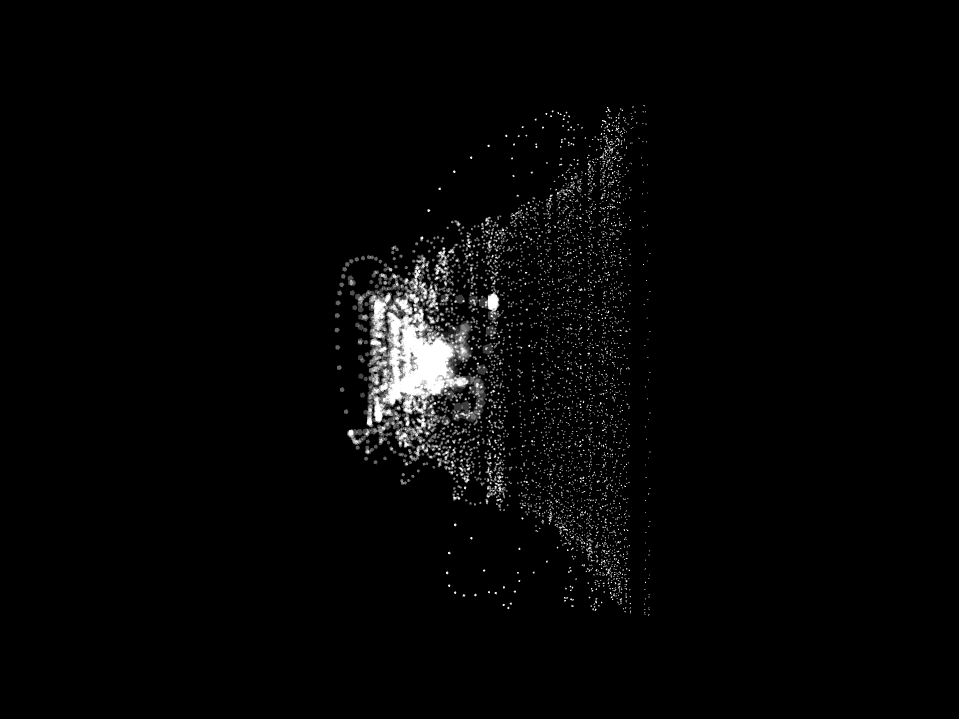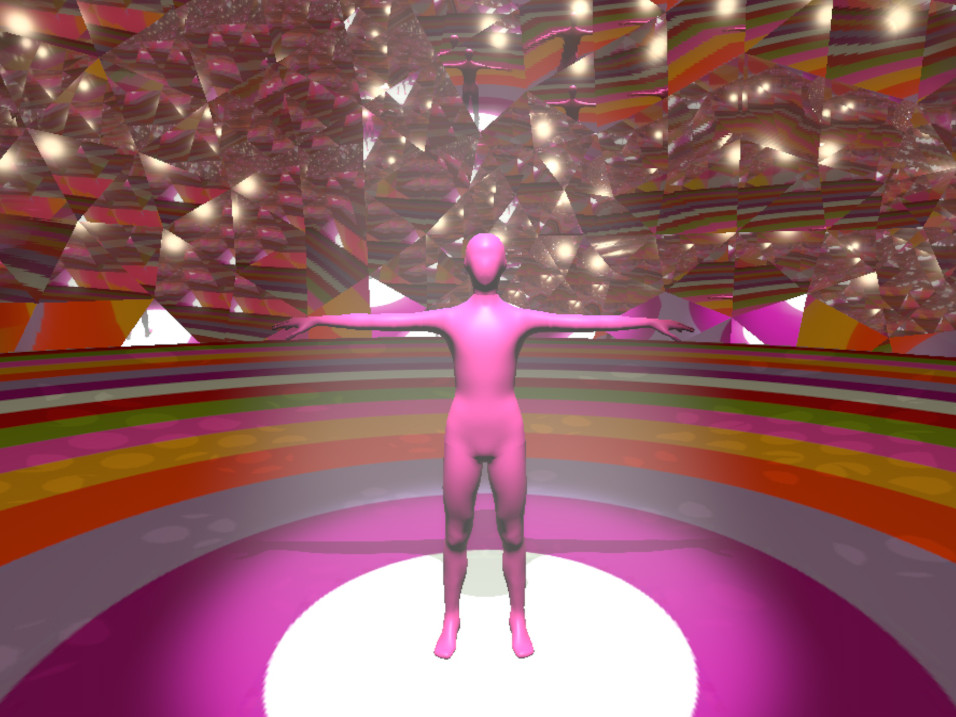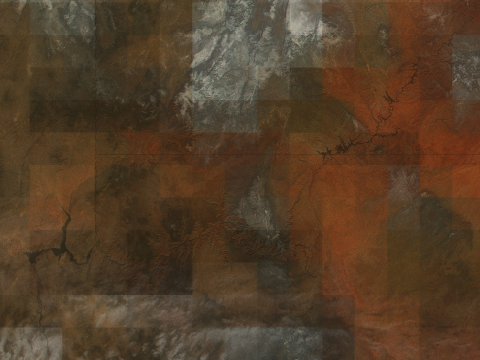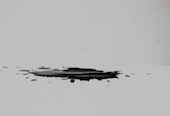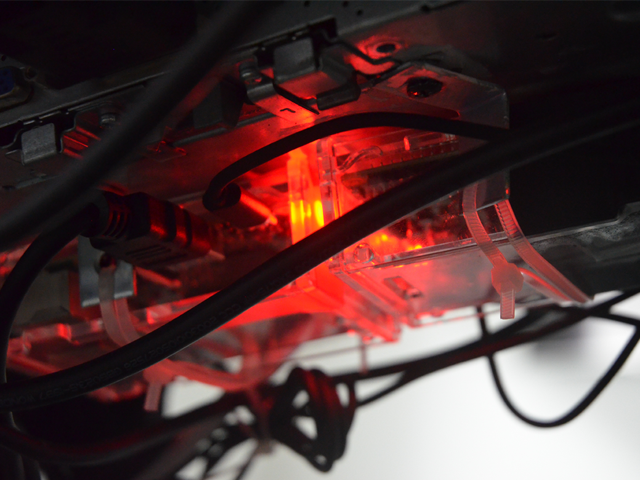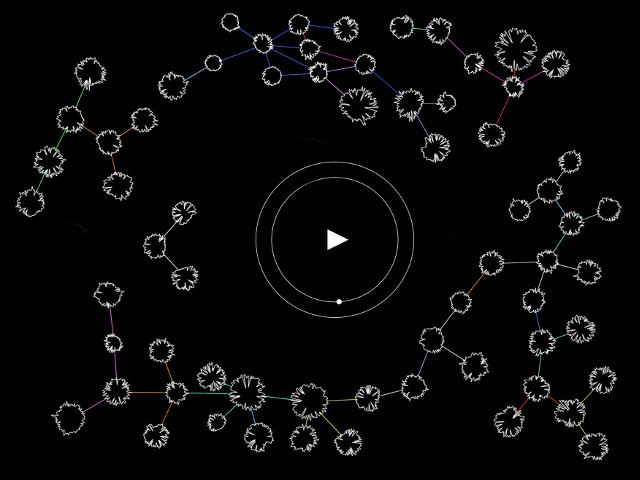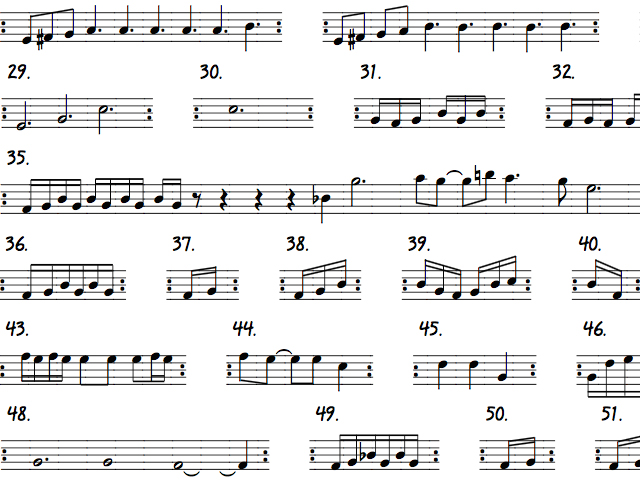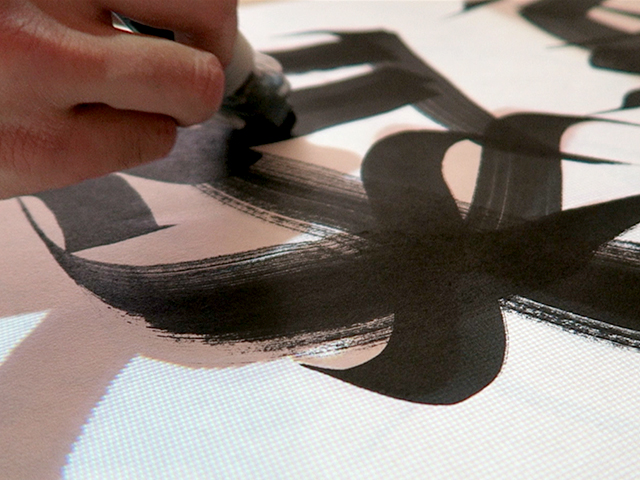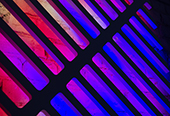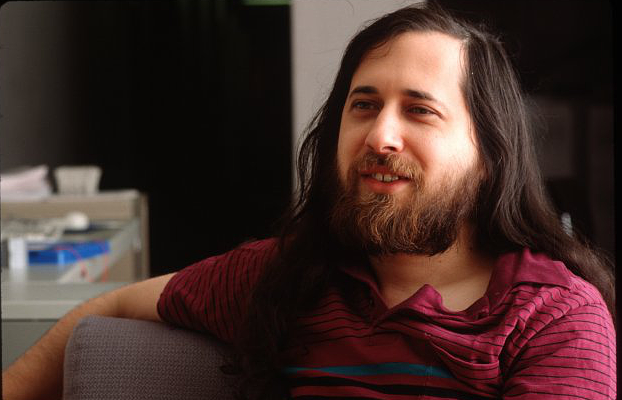You are being observed
Xi Sun(33658025)
This work is my reflection on the right of supervision. Assuming that smart home is as popular as TV and refrigerator in most families, will people's privacy space be violated?
In daily life, people often encounter the situation of authorization when using electronic products. Many people will not read the privacy terms carefully. People may unconsciously transfer their privacy rights, Smart home is becoming more and more popular. A common feature of these intelligent electronic products is that they need to collect user information to provide services. Especially for artificial intelligence system, because the system needs to communicate with users frequently, the system must collect a lot of user information to improve services. Many people have paid attention to their own information security.
The main inspiration for the work came from the scenes I was reading in the 1984 political novel by the left-wing British writer George Orwell, where I was quite impressed by the huge monitor screens in the rooms. Surveillance is nothing new in today's society. Now there are monitoring everywhere, and photographing, recording equipment, great convenience to people, and to achieve the purpose of maintaining public order. But also have to say that let people lose the right to privacy. The purpose of such surveillance is to monitor people's behavior, not their thoughts. But when people know that their actions will be recorded, people change their behavior may be subjective.
As Foucault said, The power is not to get, get, or share something, it's not what we protect or shy away from something, it from the perspective of countless, in all sorts of changes in inequality and the interaction relationship of operates." (The History of Sexuality volume, Vol. 1, p. 61). Power is not an institution, a structure, such as a monarchy or a legal system. Not something to be held, but something to be done. It's not a noun, it's a verb. Power is a chain of relationships that flows through society: it is everywhere. It's not the rule from the top down that we thought it was.
I use maxmsp to make a program. In this program, the camera is divided into six areas. When people move in front of the camera, people's actions will be detected by the program, and voice prompts will be played. These voices come from the broadcast prompts I often hear in public places, such as "mind the gap", "you have entered the monitoring area", etc.
The application of smart home provides great convenience for people's life. For example, for some patients, receiving treatment at home helps them relax(Rogers,2012). The installation of smart home can also help people better monitor the patient's health. But for people who need care, the intelligent system needs to collect a lot of information, including blood pressure, heartbeat, sleep, The patient's doctor and family members may need to browse these data, which is very helpful for disease control, but it may also make the patient have no right to choose their own privacy.
I think we need to be cautious about the ubiquitous user information collection in our life, because this kind of behavior is making our private domain public. This is the reason why I choose to play the public broadcast in my program. I believe that power is everywhere. Not only human beings, animals and plants, but also a camera and a data transmission program have their natural power. When these rights collide, human beings may not always win.
Bibliography
C¸elikkol, As¸kın. "“In the Place Where There Is No Darkness”: Sexuality, Ideology and Space in George Orwell’s 1984." The Explicator 76.4 (2018): 198-203. Web.
"The History of Sexuality. Volume 1. By M. Foucault (Pp. 168; £2.25.) Penguin Books: Harmondsworth. 1981." Psychological Medicine 12.1 (1982): 223. Web.
Gülgöz, Selin, and Susan A. Gelman. "Who's the Boss? Concepts of Social Power Across Development." Child Development 88.3 (2017): 946-63. Web.
Rogers, Y 2012, HCI Theory: Classical, Modern, and Contemporary, pp.9-14. Morgan & Claypool Publishers, San Rafael. Available at: https://ebookcentral.proquest.com/lib/goldsmiths/detail.action?docID=919737
huhadar, L., Nasraoui, O., Wyatt, R., & Yang, R. (2010). Visual knowledge representation of conceptual semantic networks.Social Network Analysis and Mining. 1-11ISSN 1869-5450.Fig. 17.The impact of SMS on students.L. Zhuhadar et al./Computers in Human Behavior 29 (2013) 378–385
Blount, J. David, Mark W Chynoweth, Austin M Green, and Çağan H Şekercioğlu. "Review: COVID-19 Highlights the Importance of Camera Traps for Wildlife Conservation Research and Management." Biological Conservation 256 (2021): Biological Conservation, April 2021, Vol.256. Web.
Tuomo Lahtinen, Lauri Sintonen, Hannu Turtiainen, and Andrei Costin. "Towards CCTV-aware Routing and Navigation for Privacy, Anonymity, and Safety' Feasibility Study in Jyvaskyla." Proceedings of the XXth Conference of Open Innovations Association FRUCT 28.1 (2021): 252-63. Web.
Cross, Emily J., Nickola C. Overall, Rachel S. T. Low, and James K. McNulty. "An Interdependence Account of Sexism and Power: Men’s Hostile Sexism, Biased Perceptions of Low Power, and Relationship Aggression." Journal of Personality and Social Psychology 117.2 (2019): 338-63. Web.
https://www.pinterest.com/pin/371195194257598783/
https://www.pinterest.com/pin/521362094348429719/
Perspectives and Criticism
Source code:
Please put here a link to a gitlab or github project NOT a wetransfer link. Make sure the link points to a directory on one of the above services NOT to a zip file. Make sure the link works! Check it when you are done!
References:
This is the place where you put links to papers and other works and you make sure you credit code that you used from other people here (as well as in your code).


